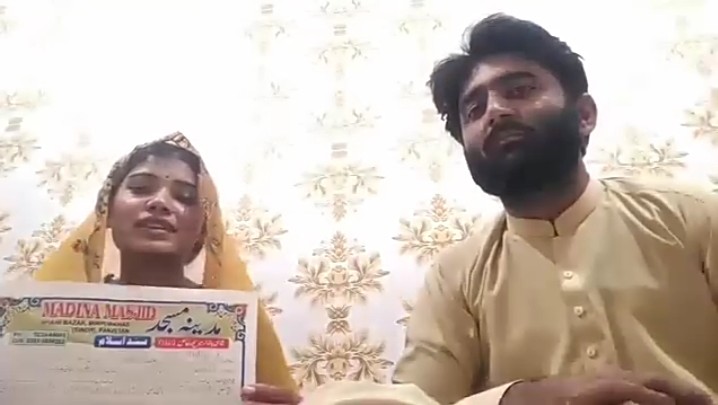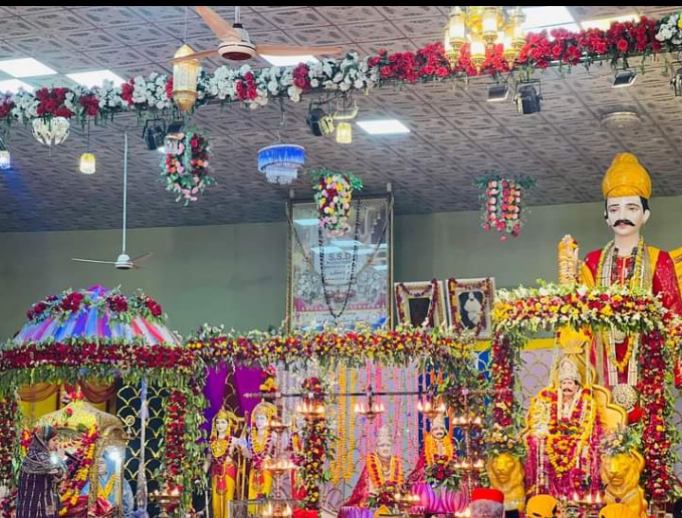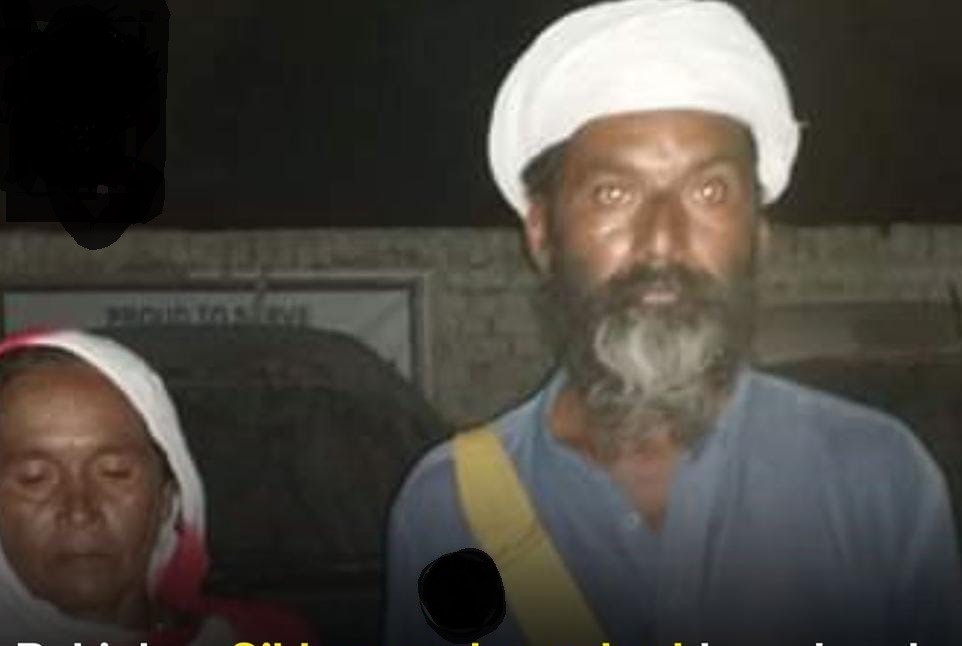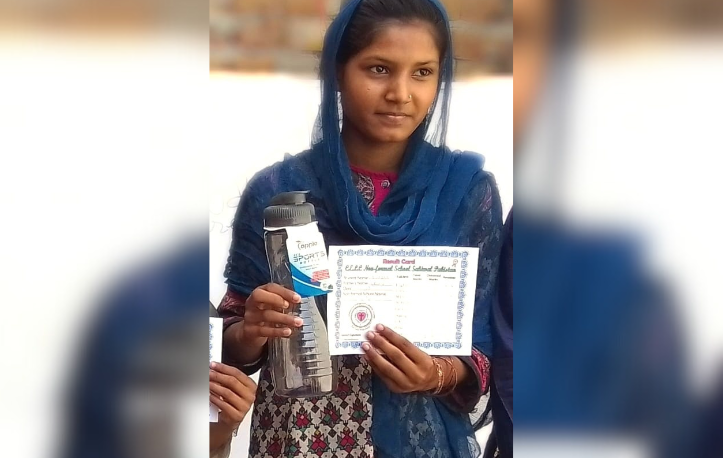Sindh, Pakistan – In yet another case raising alarms about the ongoing trend of religious conversions among minority communities, a young Hindu girl named Pariyani Bheel, a resident of Yar Mohammad Mangrio, has reportedly converted to Islam. She has now been renamed Parveen, and is said to have formed a relationship with a local man, Tariq Junejo.
This case adds to a growing list of similar incidents that have sparked debate and concern within Pakistan and among international human rights observers. While some conversions are claimed to be voluntary, activists and members of minority communities often question the circumstances and pressures surrounding such decisions, especially when they involve young women from vulnerable backgrounds.
A Pattern That Demands Clarity
Religious minorities in Sindh, particularly from the Hindu community, have long voiced their distress over what they describe as systemic patterns of forced or coerced conversions, often accompanied by marriage to Muslim men. These cases frequently involve girls from low-income or marginalized families, making them susceptible to manipulation or social pressure.
In the case of Pariyani Bheel, family members and community representatives have yet to speak publicly, and details about whether the conversion was registered in a court of law remain unclear.
Call for Legal Oversight and Protection
Human rights organizations continue to urge the government to implement stricter legal safeguards and ensure independent investigations into such cases. They emphasize that true religious freedom includes the right not to convert, and any action taken under pressure, fear, or manipulation is a violation of basic human rights.
In 2021, the Sindh Assembly attempted to pass a bill to criminalize forced conversions, particularly of minors, but the legislation has faced delays and opposition.
Conclusion
As the case of Parveen (formerly Pariyani Bheel) gains attention, it once again highlights the urgent need for transparency, legal accountability, and protection of minority rights in Pakistan. Ensuring that all conversions are truly voluntary — and not the result of coercion, social pressure, or fear — is vital to preserving the integrity of both religious freedom and human dignity.
For more updates and detailed coverage of this case and other issues affecting the Hindu and Sindhi communities in Sindh, Pakistan, stay tuned to Sindh Renaissance.






